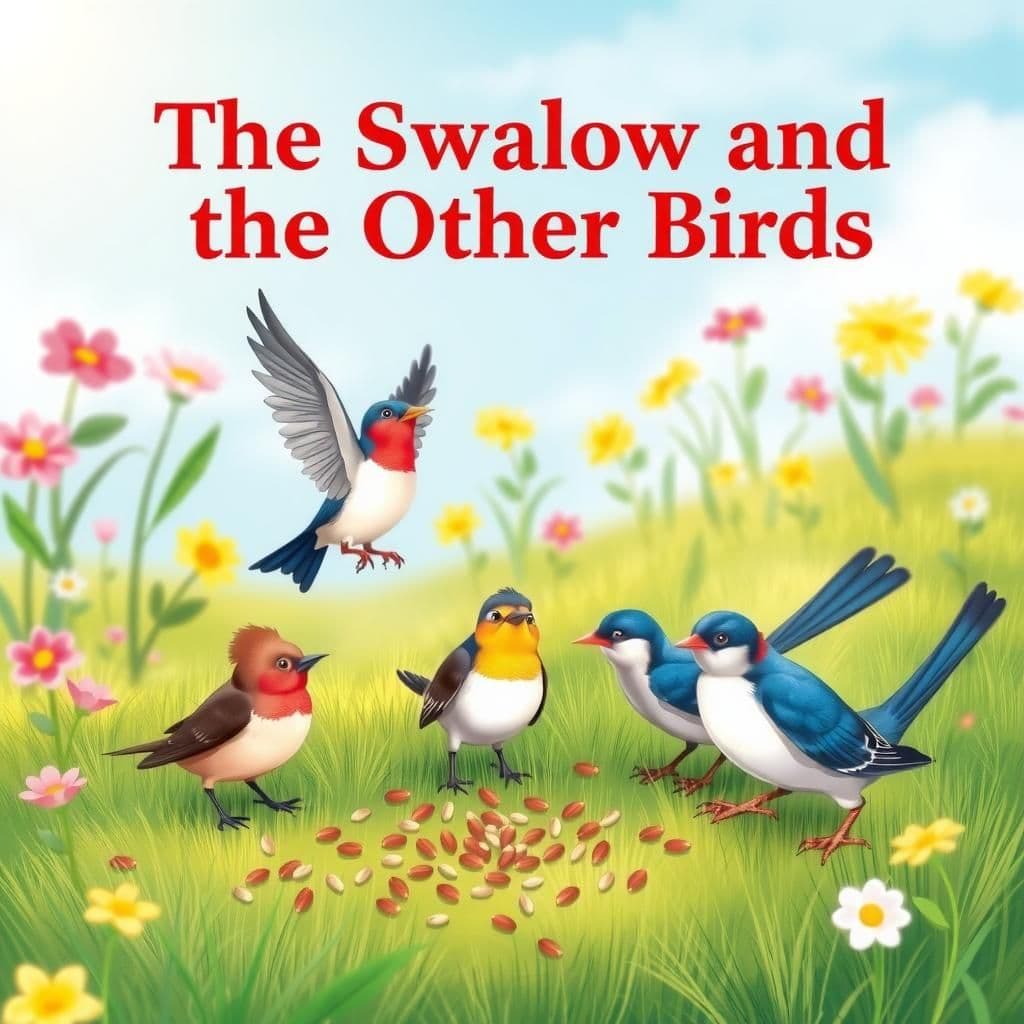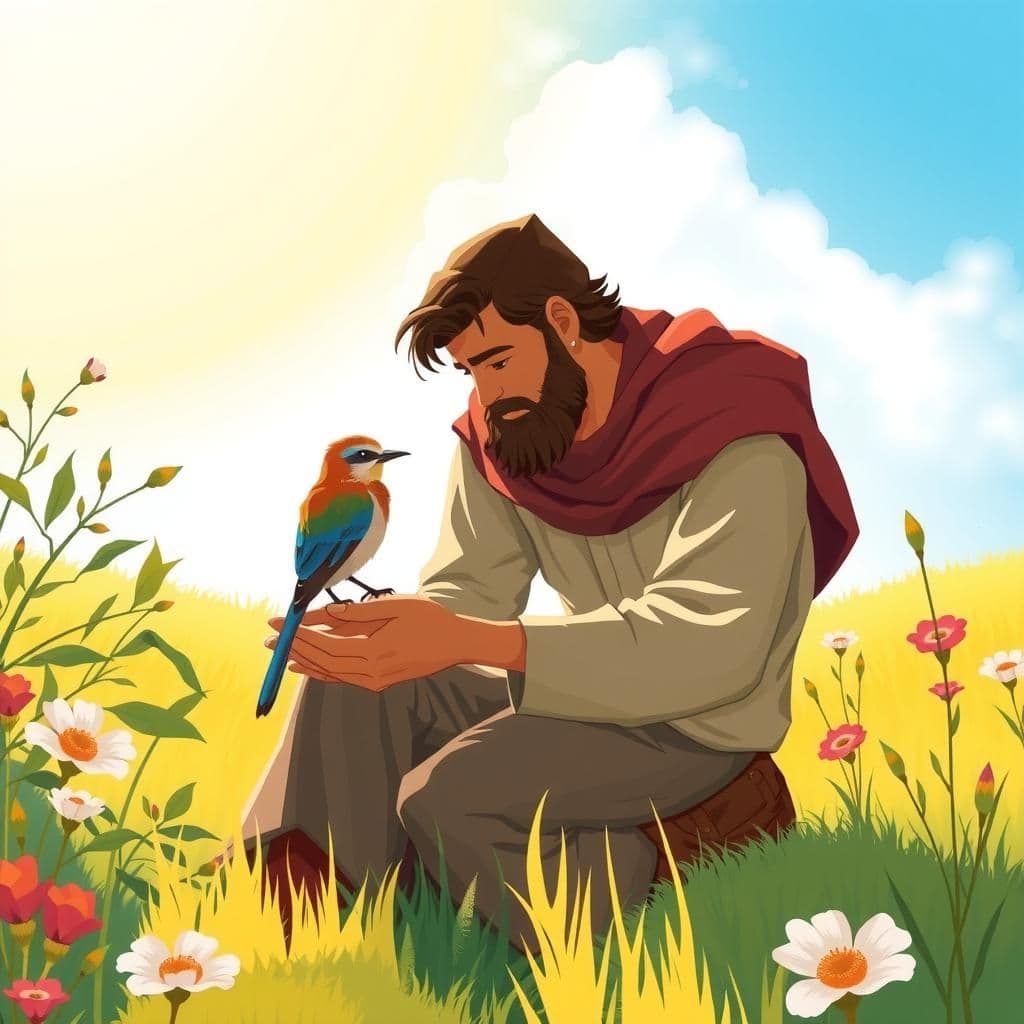The Oxen and the Butchers

Story Summary
In "The Oxen and the Butchers," a group of Oxen, seeking to overthrow the Butchers who kill them, are cautioned by an elder Ox about the potential consequences of their actions. He argues that while the Butchers do cause them suffering, their skilled butchery ensures a more humane death than the brutality of unskilled operators, highlighting a moral lesson about the dangers of hastily exchanging one evil for another. This captivating moral story serves as a reminder that not all changes lead to better outcomes, making it a meaningful addition to any collection of short stories with moral lessons for adults.
Click to reveal the moral of the story
Be cautious when seeking to eliminate a known evil, as the alternative may be worse.
Historical Context
"The Oxen" is a fable attributed to Aesop, a storyteller from ancient Greece whose works often convey moral lessons through anthropomorphized animals. This fable reflects themes common in fables and folklore, such as the consequences of hasty decisions and the importance of weighing the potential outcomes of change, echoing similar sentiments found in various cultures' wisdom literature. The story highlights the nuanced relationship between humans and animals and serves as a reminder that not all harm can be eliminated without inviting greater peril.
Our Editors Opinion
This fable reminds us that in modern life, seeking swift solutions to complex problems can lead to unintended consequences, often making situations worse. For instance, in the realm of environmental sustainability, while some advocate for an immediate ban on all industrial farming practices, a more nuanced approach that encourages humane and sustainable farming methods might prevent larger crises like food shortages or loss of livelihoods.
You May Also Like

The Old Man and the Pupil
In "The Old Man and the Pupil," a seemingly wise old man engages a Sunday-school pupil with advice that masks his true identity as a pirate, revealing the stark contrast between appearance and reality. This life-changing story explores themes common in popular moral stories, highlighting how wisdom can be deceptive and the importance of discerning truth in life-lesson moral stories. Ultimately, the old man's contradictory existence serves as a cautionary tale in the realm of short story collections with moral teachings.

The Swallow and the Other Birds
In "The Swallow and the Other Birds," a Swallow warns fellow birds about the hemp seeds being sown by a Countryman, emphasizing the risk of future traps. Ignoring this advice leads the birds to become ensnared in nets made from the grown hemp, a poignant lesson in the importance of heeding warnings in real-life stories with moral implications. This easy small story with moral teaches that addressing potential dangers early can prevent ruin.

The Labourer and the Nightingale
In the fable "The Labourer and the Nightingale," a Labourer captures a Nightingale to enjoy its beautiful song, only to find that the bird refuses to sing in captivity. After releasing the Nightingale, it imparts three valuable lessons: never trust a captive's promise, appreciate what you have, and do not grieve over what is lost forever. This well-known moral story emphasizes the importance of freedom and gratitude, making it a fitting tale for moral stories for class 7.
Other names for this story
"Oxen's Dilemma, Butchers' Fate, The Wise Ox, Clash of Oxen and Butchers, The Cost of Revenge, A Cautionary Tale, The Battle for Survival, Choosing the Lesser Evil"
Did You Know?
The story highlights the theme of caution in seeking change, suggesting that while current conditions may be painful, the alternative could lead to even greater suffering, emphasizing the importance of weighing the consequences of one's actions.
Subscribe to Daily Stories
Get a new moral story in your inbox every day.